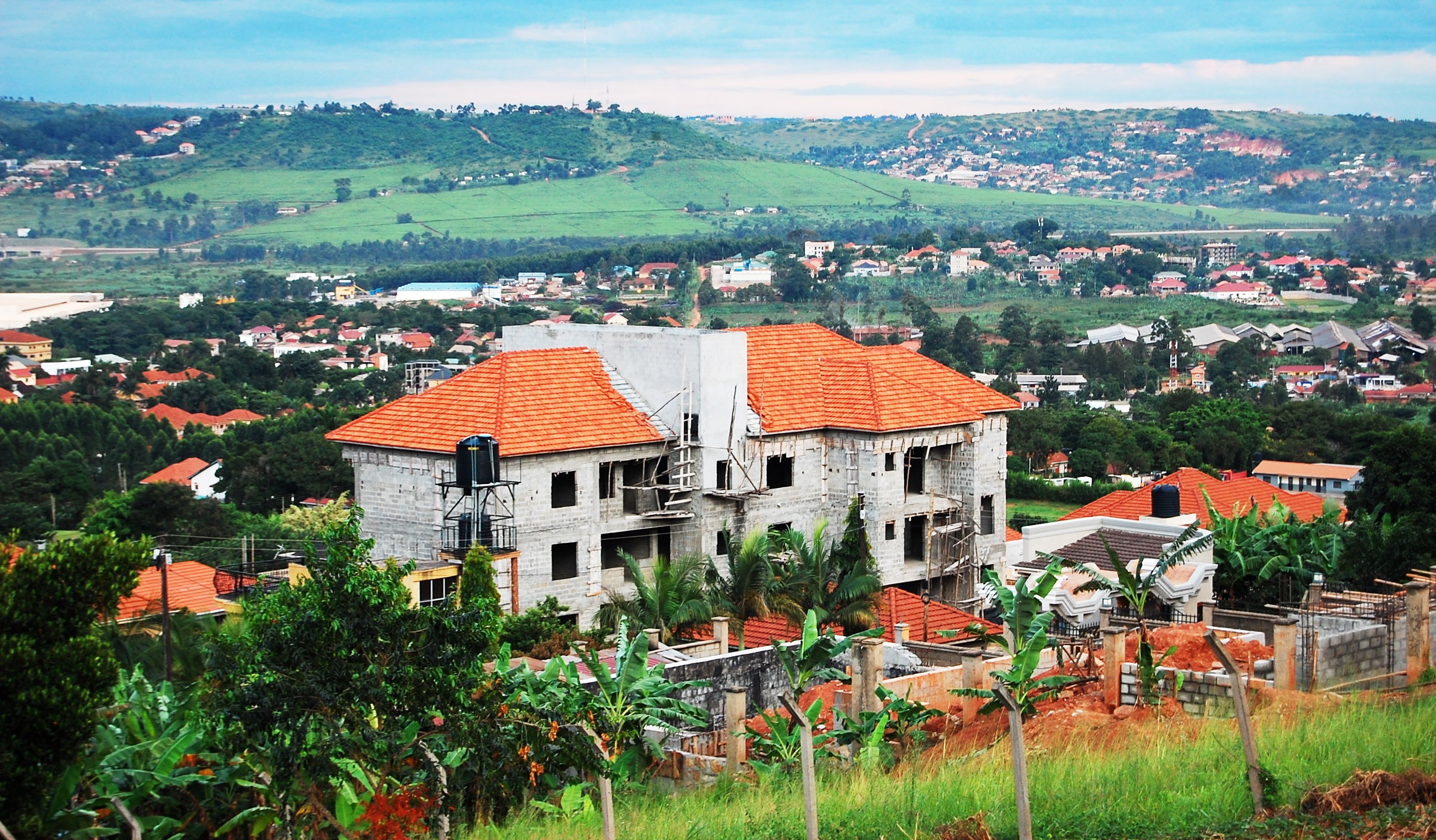Over 5,000 Butaleja residents to acquire land titles

A woman checks out the features of a land title.
More than 5,000 lanowners in Butaleja District are set to be issued with customary land titles as part of a strategy to reduce cases of land conflicts.
The programme is being implemented by the Uganda Community-Based Association for Women and Christian Welfare (UCOBAC) a non-governmental organisation, in partnership with the Lands ministry.
The $290,000 (Shs1.1b) project with funding from Global Land Tools Network (GLTN) and INHABITANT titled “Scaling up community land registration and land use planning on customary land” is meant to help women, men and youth in Naweyo, Kachonga and Mazimasa sub-counties.
During a meeting held at the weekend with the district leaders, Mr Jordana Wamboga, the project officer at UCOBAC, said landlords will be supported to get land titles.
A total of 2,500 wetland users will also be equipped on community resource usage and management planning.
“We urge the area land committees, LCs, the district land board and all stakeholders to sensitise communities in wetland management,” he said.
Ms Hajirah Namagogwe, the Butaleja RDC, said: “We hope the locals get land titles and they live in peace. This will improve food security.”
Mr Yusuf Hamila, the district speaker, cited the instance where he was denied a loan from a bank because he had no land title.
“The intervention of UCOBAC to support communities to own land titles will be a big milestone in addressing the escalating land conflicts,” he said.
The assistant chief administrative officer, Mr Herbert Himigu, called upon UCOBAC to stop sidelining the males in the programme because they are the main source of conflicts.
“The population growth associated with land fragmentation has increased land conflicts. Eighty percent of land in Butaleja is customarily owned yet the holders lack documentation,’’ he said.
“Whereas the district has a population of about 350,000 with a total of 644sq Km of land, 40 percent of the land is covered by wetlands,” he added.
Youth empowerment
The district lands officer, Mr Twaha Kirya, urged the youth to embrace the existing legal infrastructure and opportunities for participation in land decision-making processes.
“They [youth] should understand the value of the land before they could think of selling it to buy motorcycles,” he said.




